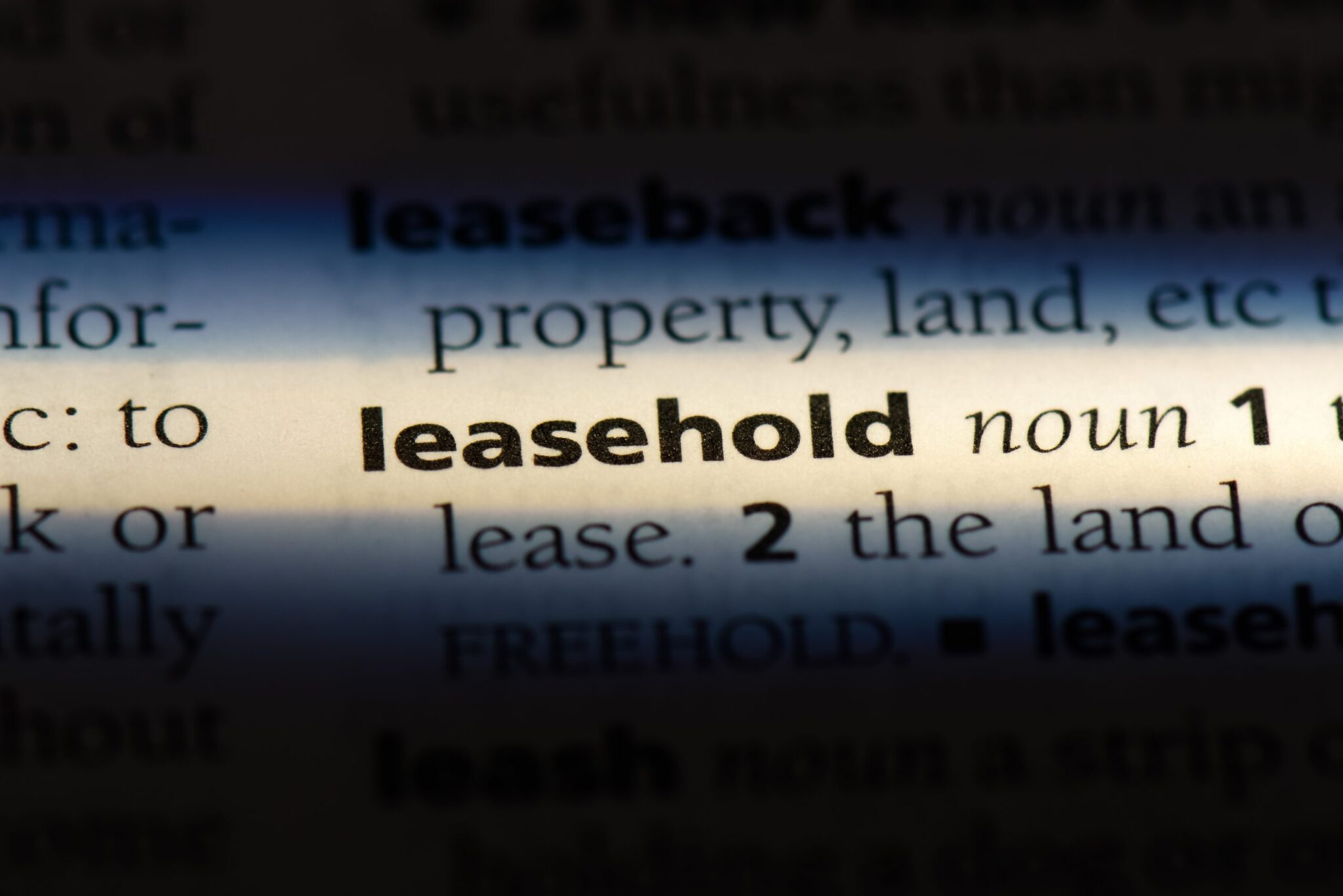
The fall in asking prices was due to more new sellers looking to price below competition as the housing market was now a ‘buyer’s market’, according to Rightmove’s House Price Index.
However, the online estate agency also noted that the housing market this year was more resilient than many expected as it continued its “slow transition from frenzy to normality”.
The report stated that the national average seller asking prices were 1.1% down from a year ago and sales agreed for the year-to-date 13% lower than the same period last year.
It said that higher mortgage rates were a “key challenge” for moves this year and affordability was still “stretched”.
Rightmove added that the number of sales agreed was “better-than-expected” and three of the ten strongest months on record for buyer demand were in the first half of the year.

Wellness and wellbeing holidays: Travel insurance is essential for your peace of mind
Out of the pandemic lockdowns, there’s a greater emphasis on wellbeing and wellness, with
Sponsored by Post Office
Asking prices up year-on-year in most regions
The report revealed that prices year-on-year were up in seven out of 11 regions with the North West reporting the largest increase at 1.5% compared to last year. Meanwhile the South East was the worst performer with a 3.7% fall year-on-year.
Rightmove said that average mortgage rates had fallen for 19 consecutive weeks, and the average five-year fixed rates was 1% lower at 5.11% compared to July.
The property portal added that buyer demand in the mid-market and second-stepper sector was 9% up compared to the same period last year and overall buyer demand had risen by around 6%.
Rightmove said that it expected new seller asking prices to drop nationally by an average of 1% in 2024, noting that motivated sellers would need to price below local competition to secure a sale, with buyer affordability still being stretched.
‘More calm and certainty heading into 2024’
Tim Bannister, Rightmove’s director of property science, said: “Further price falls beyond the usual seasonal trends that we’d expect at this time of year signal that some new sellers are continuing to act on the advice of agents to price competitively.
“We entered this year under a cloud of uncertainty, as the fallout from the Autumn mini Budget filtered through to lower activity levels. High mortgage rates which have added to already-stretched buyer affordability have been a challenge throughout 2023 and this is likely to carry into next year.”
He added: “However for now, there appears to be more calm and certainty heading into 2024, and the annual fall of 1.1% in asking prices highlights the market’s much-better-than-predicted resilience this year.”
Bannister added the mortgage rates were more “settled” and on a “slow downward trend” so movers who had been waiting for a calmer market could decide to act at the start of next year.
Best strategy is to ‘price temptingly’
He said: “Indeed, there’s always a big post-Christmas upturn in Rightmove traffic, with early bird-buyers starting their search on Boxing Day. This year’s upturn will be eagerly anticipated by those who are keen to sell, especially family movers who are considering having an estate agent board put up as the Christmas tree comes down.
“Rightmove’s research and agent feedback is that the best strategy to sell in the current market is to price temptingly at the outset of marketing, rather than testing the waters with a higher price. This will hopefully avoid the need to reduce your asking price later, and capture that early-bird buyer’s interest in the New Year, whilst also avoiding the stress of drawing out the selling process and risking having the for-sale board still up at Easter.”
